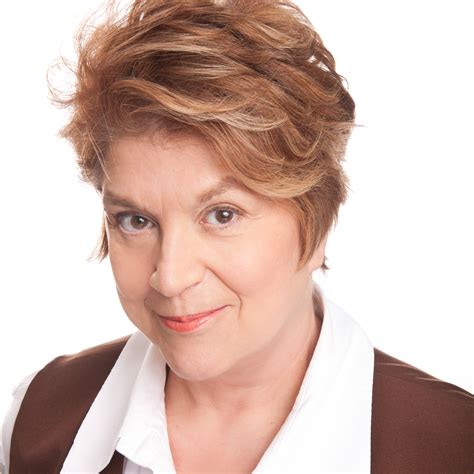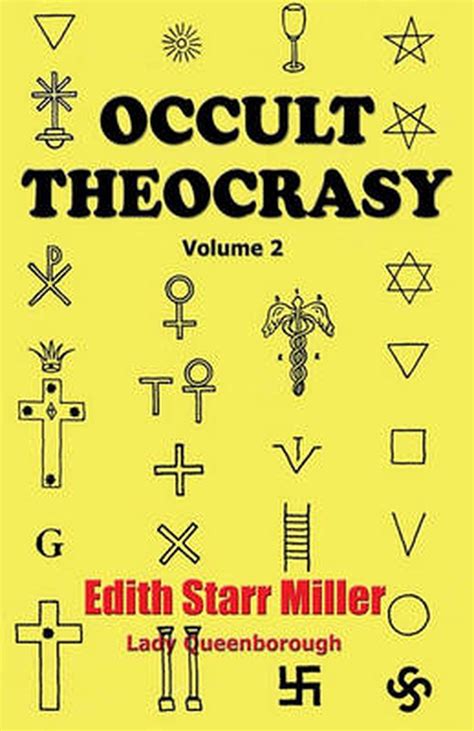A Quote by Gil Marks
In Judaism, almost every ritual entails either food or the absence of food. Yom Kippur, for instance, is the absence of food. Part of it is Talmudic, part of it is custom. So much of Judaism was bound up in dietary laws. So everything you ate - the very act itself - was part of religion.
Related Quotes
So many of my memories are generated by and organized around food: what I ate, what people cooked, what I cooked, what I ordered in a restaurant. My mental palate is also inextricably intertwined with the verbal part of my brain. Food, words, memories all twist together, so it was the obvious way to structure my life. Each memory of food opened up an entire scene for me, it was the key that unlocked everything.
Secretly in my heart, I believe food is a doorway to almost every dimension of our existence. ... Food never was just food. From the time a cave person first came out from under a rock, food has been a little bit of everything: who we are spiritually as well as what keeps us alive. It's a gathering place, and in the best of all worlds it's possible that when people of one country sit down to eat another culture's food it will open their minds to the culture itself. Food is a doorway to understanding, and it can be as profound or as facile as you would like it to be.
Judaism, Christianity, and I'm sure other religions also, are having to deal with the fact that they may or may not have lived up at all times to the injunctions of their own mystical center. For instance, when I went to Sunday school, I remember learning more about Jewish history than about God. So, once again, that doesn't mean there's anything wrong with the Jewish religion, it just means that sometimes people are not fed the mystical food - the spiritual food - of their own religious background.
We need to realize that these industrial methods of farming have gotten us used to cheap food. The corollary of cheap food is low wages. What we need to do in an era when the price of food is going up is pay better wages. A living wage is an absolutely integral part of a modern food system, because you can't expect people to eat properly and eat in a sustainable way if you pay them nothing. In fact, it's cheap food that subsidized the exploitation of American workers for a very long time, and that's always been an aim of cheap food.
My faith was undermined by the same sort of things that make people skeptics of religion in general. Part of it was, there was no real place for me in Judaism. Maybe if there was I would've hung in there, but I was attracted to the social-justice aspects of Judaism, and I was attracted to the prophets.





































